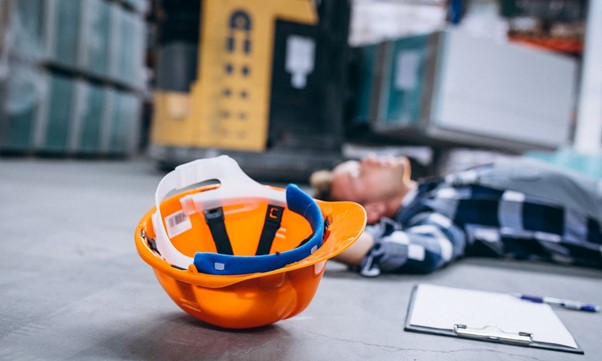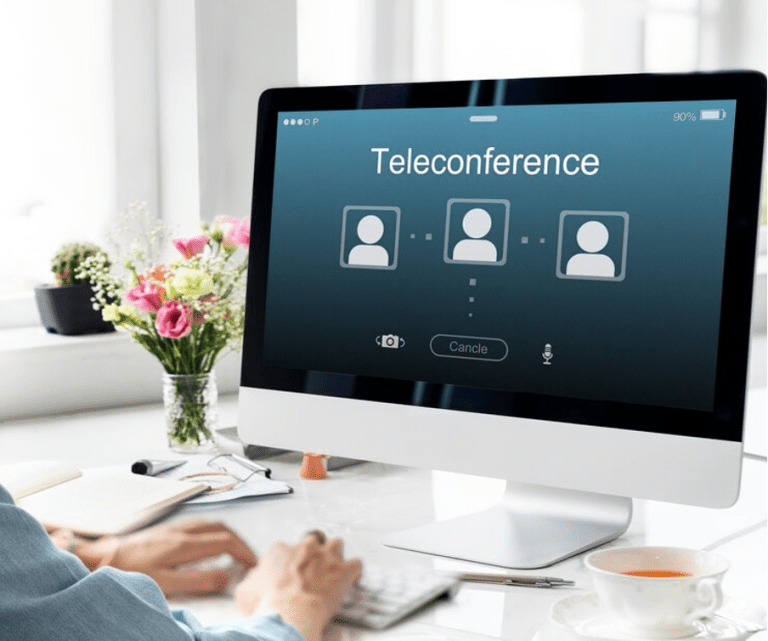As companies across the globe adapt to the current environment – particularly in a time where social distancing and work from home is encouraged, and in many places mandated as a result of the coronavirus pandemic – addressing the need for productive remote teams is no longer optional.
Creating and optimizing successful remote work experience will be critical for companies not only during this current climate of unprecedented uncertainty, but also moving forward in the long-term as the traditional workplace as we know it – arriving at an office between 8 or 9 a.m. then leaving at 5 or 6 pm – may as well be a thing of the past.
Before this pandemic forced employees to remain at home, more and more workers were yearning for flexibility in the workplace in order to achieve greater work-life balance, though unfortunately, seldom had access to it.
Unsurprisingly, 96 percent of professionals in the United States expressed the desire for flexibility in the workplace, while only 47 percent said they have access to the types they need, according to research conducted by Werk, a first-of-its-kind people analytics platform that puts flexibility insights and data in front of companies to help them work smarter, which was published in Harvard Business Review. The gap is even more pronounced for women with only 34 percent acknowledging the workplace provided the flexibility they need.
Other studies have shown that 80 percent of job seekers would favor a job that offered flexible work-from-home policies over one that doesn’t offer the same benefit, while nearly 30 percent would prefer the flexibility in choosing their work location over increased paid time off.
Over the past 10 years, 83 percent of companies have introduced flexible workspace policies or are planning to introduce one.
Because of this increased need and desire for workplace flexibility, The Mom Project recently acquired Werk to strengthen its insights division—originally launched as MP Labs—which will expand employee experience and workplace productivity analytics via the newly formed WerkLabs.
WerkLabs’ proprietary Remote Experience Index Model offers companies customized, data-driven recommendations that are rooted in behavioral science. WerkLabs has partnered with top companies including Uber, Banco Santander and Hubspot to create best-in-class workplace policies that define the modern workforce.
The first step is understanding the drivers that matter most to employees based on each company’s unique work environment. Business leaders should be asking some of the following questions in order to create a successful remote work experience.
Communication
- How frequently should managers communicate with their remote employees and vice versa
- What should team communication contain in order to be most effective?
- How will company leadership communicate transparency?
Collaboration
- What channels serve best for various types of communication?
- What equipment do employees need to work remotely?
- What are optimal ways for managers to keep up with projects to ensure quality and content?
Culture
- How do you keep up morale, particularly with employees who may feel more isolated working remotely?
- What are effective remote leadership skills and how are they taught and developed among upper management?
- How does company leadership keep employees focused and looking toward the future?
Once these drivers are established and understood, companies can enact certain changes to increase flexibility that will have the greatest impact on employee retention and productivity.
WerkLabs research shows that flexibility plays a vital role in not only workplace satisfaction, but also employee retention.
At The Mom Project, we understand how important workplace flexibility is firsthand. As the leader in helping enterprises attract and retain female talent, we work with a community of more than 250,000 talent professionals and more than 2,000 companies to build a better workplace for mothers who don’t have to sacrifice their family for the sake of their career or vice versa.
The Mom Project CEO Allison Robinson faced that potentially life-altering decision while on maternity leave from her job at Procter & Gamble with her first son. Understanding that 64 percent of women will leave the workforce before they have their child and an estimated 34 percent of highly skilled women leave the workforce after becoming mothers was shocking to her, so Allison founded The Mom Project in 2016.
Having women remain engaged in the workforce – especially on their terms with flexible schedules or work-from-home options – is good for families and business. With more than 1 million American women expected to become mothers annually, it’s important for businesses to continue to evolve by offering flexible workplace opportunities not only for mothers, but for all employees.
Tennis icon and proud mom Serena Williams recently joined The Mom Project as a Strategic Advisor to further drive the mission. Williams, who has won 23 Grand Slam singles titles, urged business leaders to not only question if they were considering moms for positions, but stressed their importance in the workplace.
While there may be many negatives surrounding the coronavirus pandemic, it’s important to take advantage of this opportunity to not only stress the importance of flexible, work-from-home opportunities in the workplace, but how they can be optimized for companies for the rest of 2020 and beyond.
Whether you are an employee or employer, The Mom Project can help connect you to the right candidate or company, while WerkLabs can provide valuable data and research in order to boost morale, increase employee retention, and build a better workplace for all.
Learn more about the remote work revolution, email us or you can join online as a company to be introduced to that perfect candidate.
Dr Pamela Cohen is President of WerkLabs (formerly Mom Project Labs), The Mom Project.
She is a behavioral research scientist with expertise in predictive analytics. She combines qualitative and quantitative research methodologies to create measurement systems and analyze data on workplace sentiment and engagement, family friendly policies, corporate reputation, and social responsibility, linking those and other relevant intangibles to key performance outcomes. Her teaching and research is focused on applications of behavioral economics and social psychology.


























